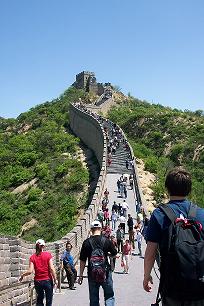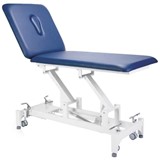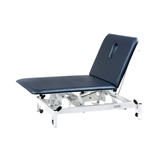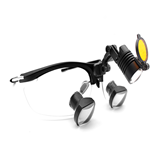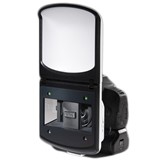Many American transplant professionals frown on the practice of transplant tourism where patients travel to countries such as China, India, and the Philippines for their transplantation.
These transplant tourists may be subject to sub-standard surgical techniques, poor organ matching, unhealthy donors, and post transplant infections, prompting U.S. health care institutions to refuse treatment of these patients upon return to the U.S.
Medical associations have responded with transplant tourism policies and guidelines to advise clinicians on the ethics of caring for transplant tourists.
Full details of the study appear in the February issue of Liver Transplantation, a journal published by Wiley-Blackwell on behalf of the American Association for the Study of Liver Diseases (AASLD).
Some might think of transplant or medical tourism as merely a fictional plot from one of Robin Cook's medical thriller books (Foreign Body).
However, given the critical shortage of available organs in the U.S., transplant tourism has grown in popularity among patients awaiting transplantation.
Currently, the United Network of Organ Sharing (UNOS) reports there are more than 105,000 Americans on the transplant candidate waiting list with more than 15,000 patients awaiting a liver transplant.
Furthermore, UNOS data shows a decline in donorship with living donor numbers decreasing by 1.7% and deceased donors down by 1.2% in 2008.
In the current case, a 46-year-old Chinese accountant (HQ) was placed on the UNOS transplant registry with a Model for End Stage Liver Disease (MELD) score of 18 that increased to 21 while on the candidate waitlist for over a year (MELD scores range from 6 for those least ill through 40 for those most sick).
HQ then traveled to the People’s Republic of China (PRC) and was transplanted two weeks after arrival.
After transplantation, HQ returned to the Mount Sinai program requesting follow-up care, which was provided.
HQ then developed biliary sepsis requiring hospitalization and re-transplantation seemed to be the only viable option.
"While the patient was a medically suitable candidate, team members disagreed if it were indeed, morally right to provide him with a transplant," said Thomas Schiano, M.D., one of the case clinicians and lead author of this study.
Ultimately, the transplant team proceeded with a liver transplant for HQ and he is currently doing well.
"Our consensus to transplant was based on the relevant principles of medical ethics – non-judgmental regard, beneficence, and fiduciary responsibility," added Dr. Schiano.
The study authors estimate that more than 400 US patients received transplants abroad with 75% of those taking place between 2004 and 2006.
Of those transplant tourists, 40% reside in New York and California, and the majority these patients travelled to the PRC, where organs from executed prisoners have been used in transplantations.
Although transplant tourism is not held in high regard, the practice violates neither current U.S. law nor the National Organ Transplant Act. Current UNOS policies allow a small percentage of each centre's transplants to be allotted for foreign nationals, essentially allowing for transplant tourism within the U.S.
Over the last few years, professional associations have established transplant tourism policies to provide guidance to clinicians and uphold the principles of medical ethics.
The AASLD and International Liver Transplant Society (ILTS) have positions against the exploitation of donors, the recovery of organs from executed prisoners, and condemned the use of paid living donors.
Similarly, the American Society of Transplantation declares that optimal medical care should not be withheld from those recipients who have chosen to receive transplants as "tourists" from abroad.
"Unfortunately, little guidance from societal statements are provided to transplant centers and the professionals in the trenches dealing with transplant tourists seeking care," Dr. Schiano stated. Given the shortage of available organs, more patients may resort to transplant tourism as an option.
"Although we do not condone all of the practices associated with transplant tourism, it is our duty to provide all transplant patients with the same compassionate care and support, whether their transplantation was performed in the U.S. or abroad," concluded Dr. Schiano.

